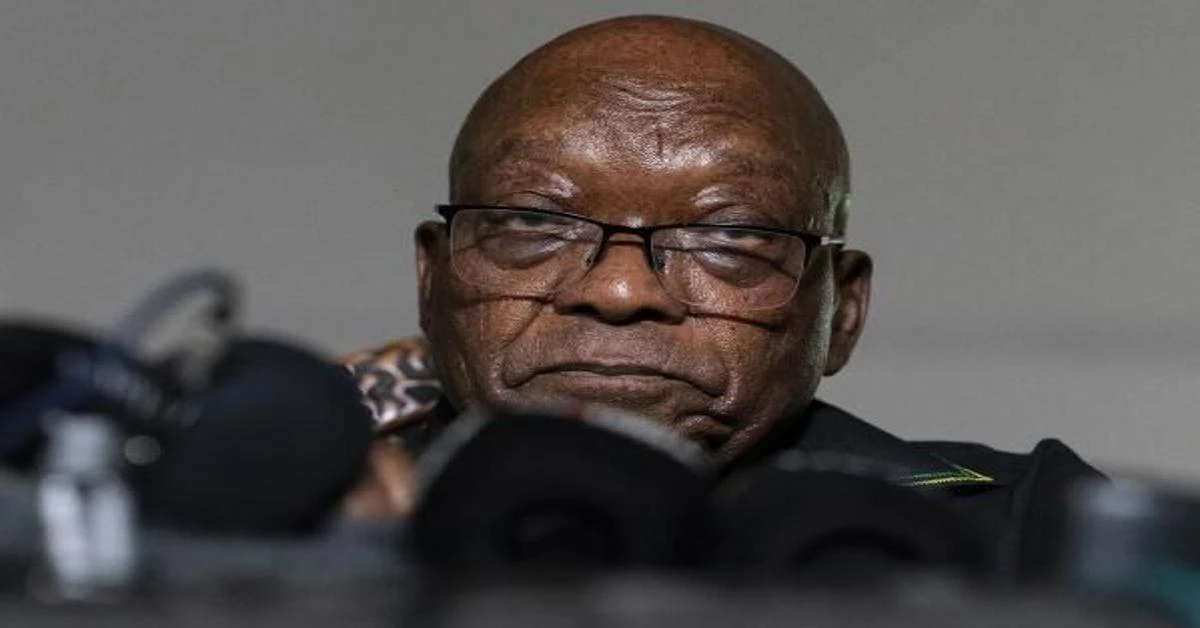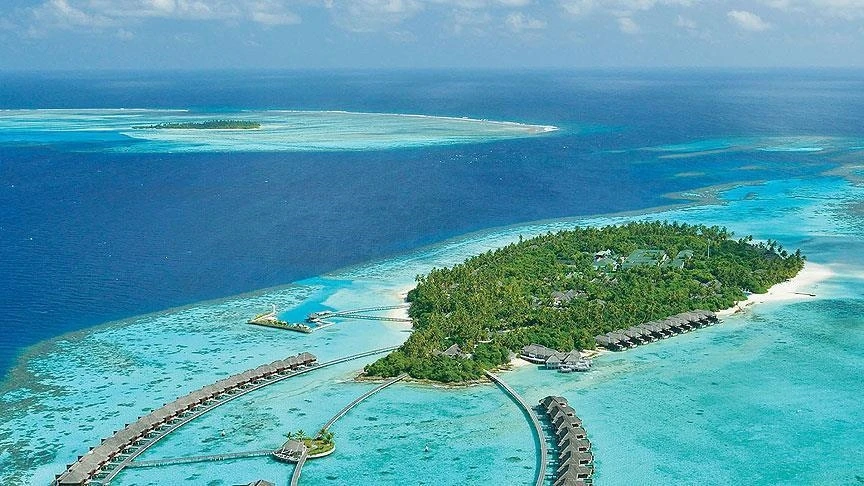Former South African President Zuma’s Political comeback stalls

Former South African President Jacob Zuma banned from running for parliament in South Africa’s elections due to a previous conviction, heightening political tensions ahead of critical elections
Jacob Zuma, the former South African president, was disqualified on Monday from running for a seat in parliament in next week’s national elections because of a previous conviction. The decision by the country’s highest court will raise political tensions ahead of a vote that could be crucial for Africa’s most advanced economy.
The Constitutional Court ruled that a section of the constitution disqualifying individuals from standing for Parliament if they have been sentenced to more than 12 months in prison without the option of a fine applies to the 82-year-old former leader. Zuma was sentenced to 15 months in prison in 2021 for contempt after refusing to testify at a corruption inquiry.
The court stated that Zuma cannot serve as a lawmaker until five years after completing his criminal sentence, a ruling delivered just nine days before the May 29 election.
Although Zuma once led South Africa’s ruling African National Congress (ANC) party, he was forced out as its leader in 2017 and resigned as president in 2018 amid corruption allegations. He returned to politics last year with a new party, fiercely criticizing the ANC and current President Cyril Ramaphosa, his successor in both party leadership and the presidency.
Zuma’s political resurgence derailed
While Zuma’s new party, known as uMkhonto weSizwe, meaning Spear of the Nation, (MK Party), poses a threat to the ANC in the upcoming election, the Constitutional Court’s decision prevents him from serving as one of its lawmakers.
Despite this setback, Zuma remains a significant political figure, and the ruling is likely to escalate tensions, particularly after some MK Party officials hinted at rejecting any decision barring Zuma from candidacy.
South Africa’s electoral system relies on proportional representation, where voters choose parties rather than individual candidates. The party that secures the majority of seats in Parliament selects the president. If the ANC fails to secure a majority this time, it will need to form a coalition government to reelect Ramaphosa for a second term.
While Zuma’s MK Party is not expected to surpass the ANC, it could further weaken its vote share, potentially complicating its bid to retain power.
Zuma’s disqualification stems from his 2021 imprisonment for contempt, which triggered violence and looting in South Africa. Despite his release on medical parole, he still faces corruption charges from his time before presidency, with his trial scheduled for April next year.
Source: AP



